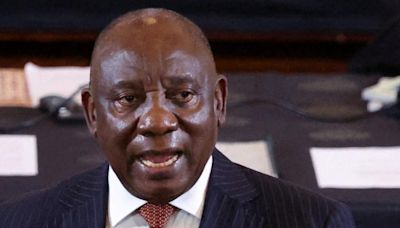Search results
In modern politics, and history, a parliament is a legislative body of government. Generally, a modern parliament has three functions: representing the electorate, making laws, and overseeing the government via hearings and inquiries.
UK Parliament. The UK Parliament has two Houses that work on behalf of UK citizens to check and challenge the work of Government, make and shape effective laws, and debate/make decisions on the big issues of the day.
2 days ago · Parliament, the original legislative assembly of England, Scotland, or Ireland and successively of Great Britain and the United Kingdom; legislatures in some countries that were once British colonies are also known as parliaments.
The meaning of PARLIAMENT is a formal conference for the discussion of public affairs; specifically : a council of state in early medieval England. How to use parliament in a sentence.
Jun 18, 2024 · parliamentary system, democratic form of government in which the party (or a coalition of parties) with the greatest representation in the parliament (legislature) forms the government, its leader becoming prime minister or chancellor.
Aug 10, 2017 · Parliament is the legislative body of the United Kingdom and is the primary law-making institution in Great Britain’s constitutional monarchy. The history of the legislative body—which meets ...
The Parliament of the United Kingdom of Great Britain and Northern Ireland is the supreme legislative body of the United Kingdom, and may also legislate for the Crown Dependencies and the British Overseas Territories. It meets at the Palace of Westminster in London.
The European Parliament is the EU's only directly-elected institution. Its 720 Members are there to represent you. Learn more about the European Parliament.
A parliamentary system, or parliamentary democracy, is a system of democratic government where the head of government (who may also be the head of state) derives their democratic legitimacy from their ability to command the support ("confidence") of the legislature, typically a parliament, to which they are accountable.
in some countries, a group of politicians who have been elected to make laws for the country: They are hoping to push a radical income tax reform through parliament. Currently, women's issues are not being dealt with properly in parliament.


